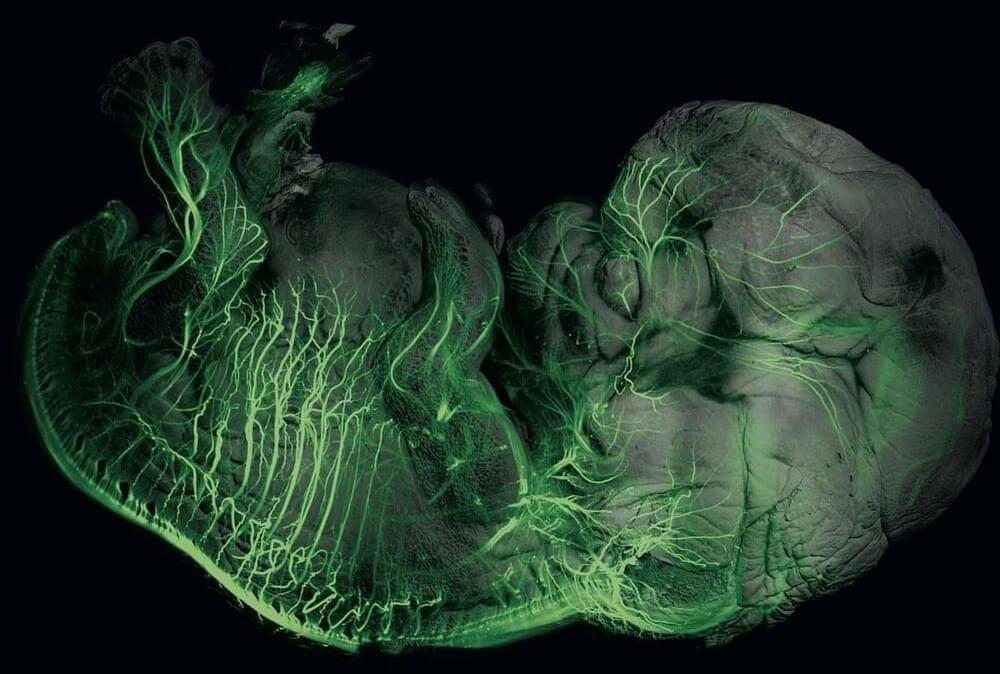May 9, 2024
Josh Mitteldorf on programmed aging
Posted by Nicolas Chernavsky in categories: biotech/medical, health, mathematics
Irina Conboy, Michael Conboy and Josh Mitteldorf discuss one of the central questions in aging research: is aging an active process of the body or is aging a passive process of damage accumulation? See the whole debate on our YouTube Channel: @HealesMovies Josh Mitteldorf, PhD, runs the blog “Aging Matters” (https://joshmitteldorf.scienceblog.com/) and is a consultant in mathematical modeling and creative data analysis. His research areas include evolutionary ecology, biology of aging, and the epidemiology of COVID-19. On the field of aging research, he has published two books,” Cracking The Aging Code”, co-written with Dorion Sagan (https://www.amazon.com/Cracking-Aging-Code-Science-Growing/d…atfound-20 and “Aging is a Group-Selected Adaptation” (https://drive.google.com/file/d/1bs0faQEV3T9cu-Eq079-e5bIGgMwNH08/view). Heales website (Healthy Life Extension Society): https://heales.org/ Subscribe to our newsletter: https://heales.org/newsletter/ Contact e-mail: info@heales.org #science #aging #rejuvenation #biology #health #longevity #antiaging #debate #stemcells #programmedaging #entropy #cancer #conboy #conboys #mitteldorf Music: Closer To Your Dream by Keys of Moon | https://soundcloud.com/keysofmoon (CC BY 4.0)

















